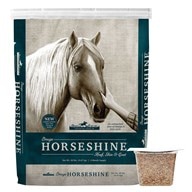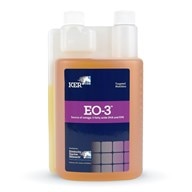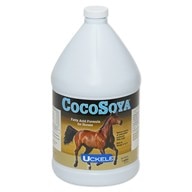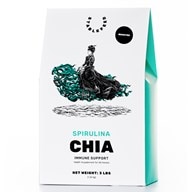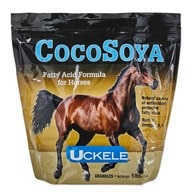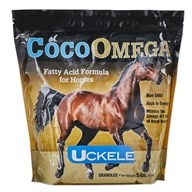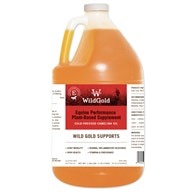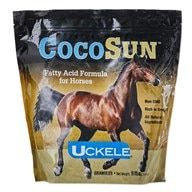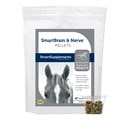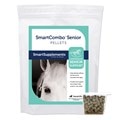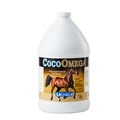Omega 3 Supplements for Horses
Support your horse’s overall well-being with omega 3 supplements that provide essential fatty acids derived from fish oil, flax seed, and other high-quality sources. Omega 3 fatty acids play a crucial role across body systems, including skin, airways, joints, hooves, reproduction, immunity, and others.
-
$24.95 - $99.95
-
$25.95 - $136.79
-
$51.25 - $128.95
-
$9.95 - $153.63
-
$77.95 - $82.05
-
$29.95 - $105.21
-
$42.95 - $142.05
-
$69.95 - $90.47
-
$34.95 - $136.79
- 10% off all Smartpak brand tack, apparel, blankets, and more
- Free shipping every day
- Exclusive sales & discounts delivered straight to your inbox
The Importance of Omega 3 Fatty Acids
Omega 3 fatty acids are key nutrients that must be included in a horse’s diet since their bodies are unable to produce them. These fatty acids are involved in numerous physiological processes and research has shown that incorporating omega 3s into your horse’s diet can support overall well-being. Some of the benefits omega 3 fatty acids may provide for horses include supporting normal metabolic function, healthy hoof growth, digestive function, and a normal immune and inflammatory response.
Quality Sources of Omega 3 Fatty Acids in Supplements
One of the best sources of omega 3 fatty acids is flaxseed, which contains the highest amount of omega 3s among plants, followed closely by chia seed. Fish oil and algae are naturally high in two specific omega 3s, EPA (eicosapentaenoic acid) and DHA (docosahexaenoic acid).
While forages such as grass and hay do not contain high levels of fat in general, they do provide some omega 3s and the related omega 6s.
Optimal Serving Size of Omega 3s
Determining the optimal serving size of omega 3s for horses is still an area of ongoing research. Studies have tested a wide range of amounts, from as much as 1 pound of flaxseed for horses with conditions like sweet itch to as little as 1.5 grams of DHA for horses with recurrent airway obstruction. It's generally recommended to start with a small amount and gradually increase the dosage to allow the horse’s digestive system to adjust.
Balancing Omega 3s and Omega 6s
For a proper inflammatory response, healing, and other bodily functions, horses need a balance of omega 3s and omega 6s. Nature’s diet of grass typically offers a ratio of 2:1 to 4:1 omega 3s to omega 6s, so it’s recommended to maintain a similar ratio for the total diet.
Safety of Omega 3 Supplements for Horses
Flaxseed and other sources of omega 3 fatty acids have a long history of safe use in the horse. In addition, specific studies in horses looking at the effects of omega 3s have not demonstrated any adverse effects.

